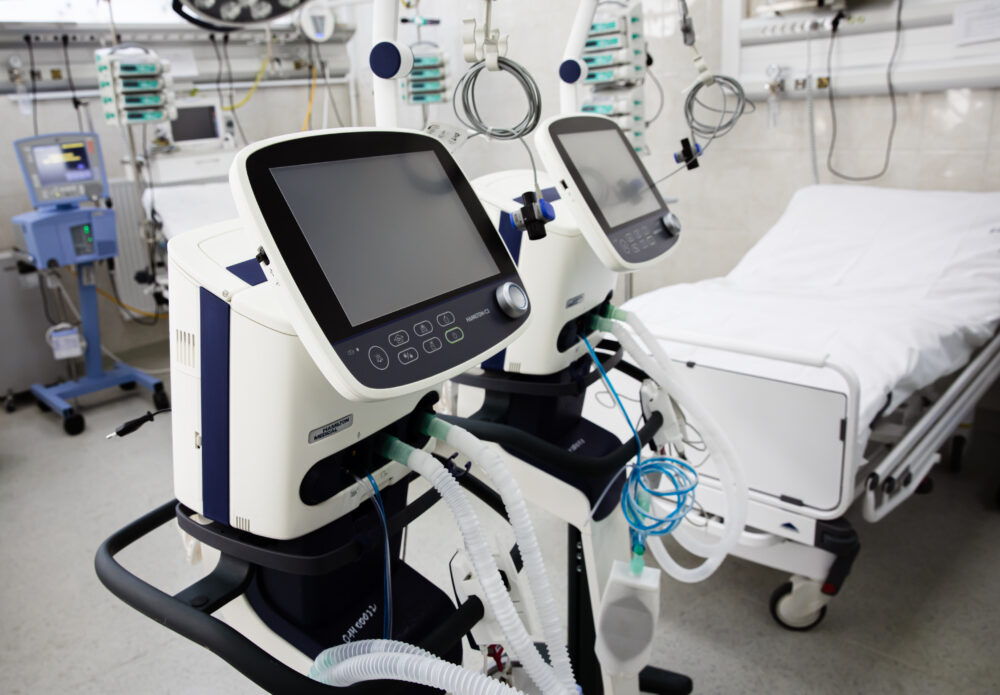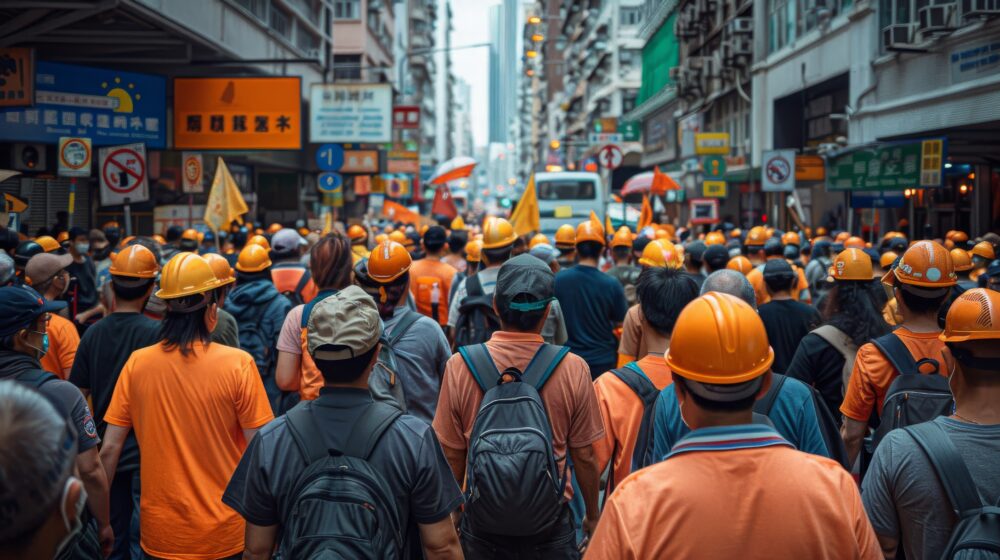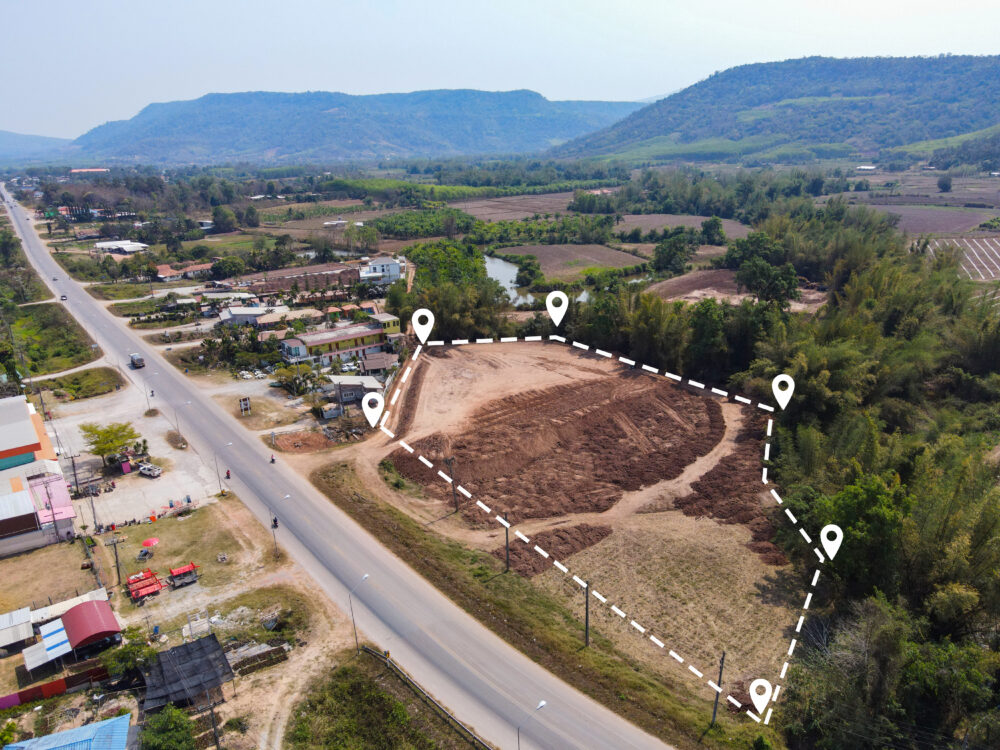While providing legal advisory services for manufacturing projects in Viet Nam, Apolat Legal recently assisted a foreign invested enterprise in establishing a packaged food manufacturing factory for business operations in Viet Nam. We have observed that many foreign investors have a general understanding of legal regulations related to investment, company establishment, and factory construction. However, they often fail to anticipate or engage an inexperienced consulting firm regarding the specific sectoral requirements, resulting in non-compliance with legal conditions necessary for official operations.
For food manufacturing projects, beyond investment procedures, enterprises must comply with specific food safety conditions applicable to both the manufacturing facilities and their products. In this article, we outline key legal considerations that investors should be aware of when implementing packaged food manufacturing projects in Vietnam.
1. Conditions for manufacturing facilities
To operate a packaged food factory, an enterprise must obtain Certificates of food safety eligibility (“Certificate”) in accordance with applicable legal regulations. The primary conditions include:
a. Manufacturing facilities conditions:
- The factory must meet the conditions related to site, infrastructure and equipment in accordance with food safety standards.
- Manufacturing zones, storage for raw materials and finished products must be reasonably organized, comply with hygiene standards and minimize the risks of cross-contamination.
b. Personnel conditions:
- The owner and personnel directly engaged in food production must have certificates of training in knowledge about food safety and hygiene.
- The enterprise is responsible for organizing periodic training to ensure ongoing compliance with legal regulations.
c. Procedure for obtaining certification
- The application dossier must be submitted to the provincial food safety management authority, which could be the Ministry of Health, Ministry of Industry and Trade, or Ministry of Agriculture and Environment
- The average time range for the procedure is between 1 to 2 months, depending on the level of compliance of the factory.
- The current fee for issuance of the Certificate is VND 2,500,000 per facility.
2. Determining applicable standards
Before introducing products to the market, businesses need to carry out procedures for self-declaration of product standards or declaration of conformity (if the product has a National Technical Regulation). Key steps include:
a) Determining applicable standards
- Manufacturers need to ascertain whether a National Standard or Technical Regulation exists for the type of product they are manufacturing to determine the basis for assessing product quality compliance.
b) Determining the competent authority
- Depending on the type of products, enterprises must submit a dossier to the Minister of Industry and Trade, the Minister of Health or the Minister of Agriculture and Rural Development.
- Correctly determining competent authority helps reduce the review time and ensures the legal validity of the application.
c) Product testing
- Enterprises must conduct the food safety testing in accordance with applicable regulations before making a declaration.
- The testing criteria includes nutritional components, additives, banned substances and limits on harmful microorganisms.
d) Completing declaration procedure
- Enterprise is entitled to operate a business immediately after completing a self-declaration.
- Currently, no government fee is imposed for self-declaration of food products.
Compliance with the food safety regulations is a compulsory condition for food manufacturing enterprises. Properly prepared documentation and complying with procedures not only enables businesses to launch their products swiftly but also mitigates potential legal risks. Apolat Legal hopes this information provides valuable insight into the key legal requirements in this sector. Should you require tailored legal support, please contact us via email at info@apolatlegal.com for specific assistance.
See more:
1/ Chinese investors in the furniture manufacturing sector in Vietnam
2/ Chinese investor establishes a beverage factory in Vietnam
3/ Korean investors operating in wholesale and retail of electric motorbikes in Vietnam
Disclaimers:
This article is for general information purposes only and is not intended to provide any legal advice for any particular case. The legal provisions referenced in the content are in effect at the time of publication but may have expired at the time you read the content. We therefore advise that you always consult a professional consultant before applying any content.
For issues related to the content or intellectual property rights of the article, please email cs@apolatlegal.vn.
Apolat Legal is a law firm in Vietnam with experience and capacity to provide consulting services related to Business and Investment and contact our team of lawyers in Vietnam via email info@apolatlegal.com.





































